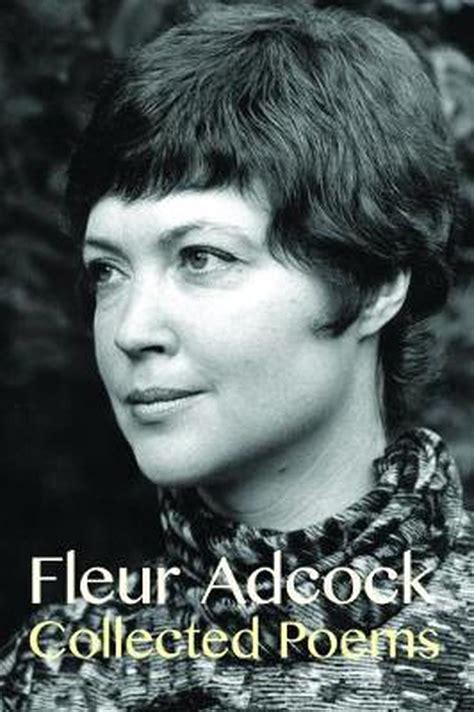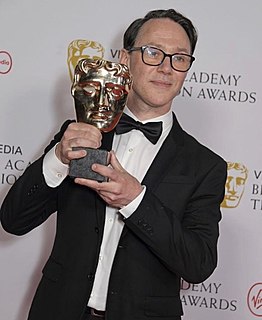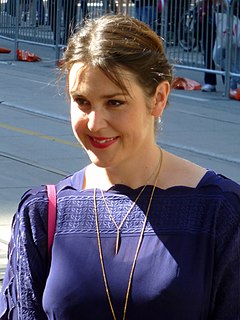A Quote by Marco Roth
My story follows a very classic tragic paradigm in which you learn things too late for them to be of any use, and by keeping silent about the thing that you're terrified of, you bring it about - and even worse.
Related Quotes
One respect in which I'm very much my father's son is how I feel about Joyce. 'Ulysses' is very much about daily life, when you get into this other guy's life and you learn about the things he cares about, and why he cares about them. And then, very indirectly, very subtly, you learn why politics has impacted his life, too.
I want my music to be something that people use in order to access parts of themselves. So in that sense, every piece I write is about all emotions at once, about the lines in between. It's never only about one thing or another. It's emotionally getting at those things that we can't really describe - things for which we don't have labels. So yes, it's about something, and it has a use. It's neither about nothing nor about something concrete - it's about what you bring to it as a listener.
There are worse things than having behaved foolishly in public. There are worse things than these miniature betrayals, committed or endured or suspected; there are worse things than not being able to sleep for thinking about them. It is 5 a.m. All the worse things come stalking in and stand icily about the bed looking worse and worse and worse.
People have suggested that perhaps we are too affluent to be telling this story, which is amazing to me because then I wonder what story I am allowed to tell. Having been working with the homeless for the past years, I noticed lots of things about them, but one thing I really noticed was that they were probably too busy just getting though the day to make a film about themselves.
The average detective story is probably no worse than the average novel, but you never see the average novel. It doesn't get published. The average -- or only slightly above average -- detective story does.... Whereas the good novel is not at all the same kind of book as the bad novel. It is about entirely different things. But the good detective story and the bad detective story are about exactly the same things, and they are about them in very much the same way.
The Reader may here observe the Force of Numbers, which can be successfully applied, even to those things, which one would imagine are subject to no Rules. There are very few things which we know, which are not capable of being reduc'd to a Mathematical Reasoning, and when they cannot, it's a sign our Knowledge of them is very small and confus'd; and where a mathematical reasoning can be had, it's as great folly to make use of any other, as to grope for a thing in the dark when you have a Candle standing by you.
An artist's voice, communication, that's very important. The learning, the building of your energy to communicate deeper and deeper even without words, the expanse of your source-spark energy to reach people at deeper energy levels is very beautiful to learn about since it's our mission here as artists to help beings transcend limitations and any feeling, thing keeping their love down to show them that we are all artists with very special sides of energy light from the creator.
I feel like any actor should always be thinking about how to serve the story. The thing to be cautious of is trying to make too much of your "moment," or whatever. The story is a lot bigger than you, and you're there to help it along. The thing to think about is whether what you're doing is true to the moment and where the story's going, rather than going, "Here are my scenes. What can I try and do to make the most of them?"
I have always been interested in mythology and history. The more I read, the more I realized that there have always been people at the edges of history that we know very little about. I wanted to use them in a story and bring them back into the public's consciousness. Similarly with mythology: everyone knows some of the Greek or Roman legends, and maybe some of the Egyptian or Norse stories too, but what about the other great mythologies: the Celtic, Chinese, Native American?

































